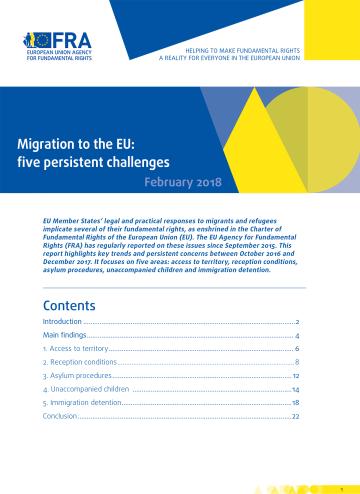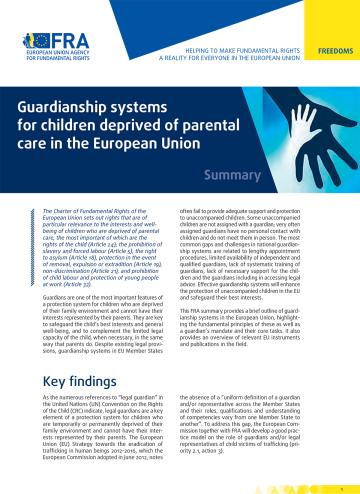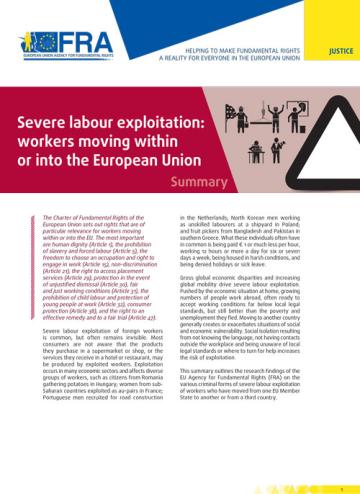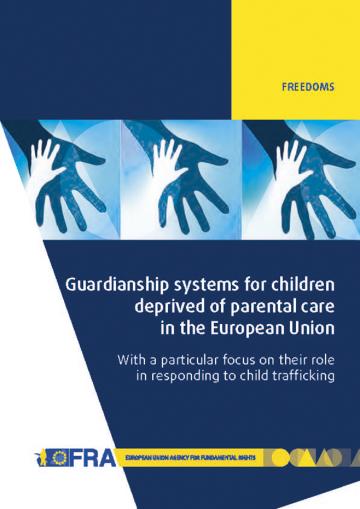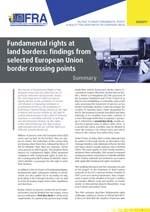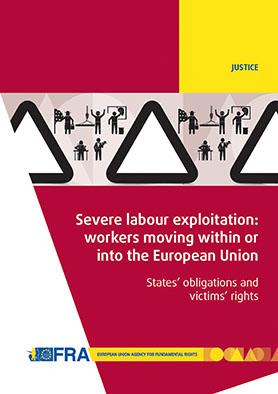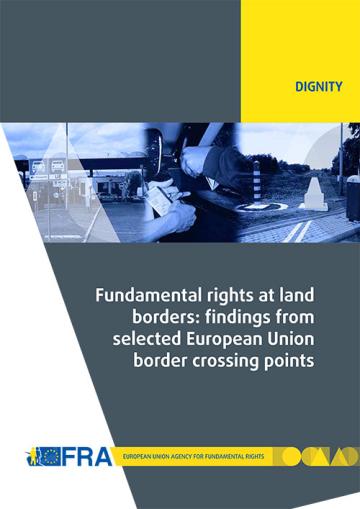1. O direito consagrado nos n.os 1 e 2 do artigo 5.o corresponde ao que está consignado nos n.os 1 e 2 do artigo 4.o, de idêntico teor, da CEDH. Tem, pois, um sentido e um âmbito iguais aos deste artigo, de acordo com o disposto no n.o 3 do artigo 52.o da Carta. Por conseguinte:
- nenhuma restrição poderá afectar legitimamente o direito consignado no n.o 1,
- no n.o 2, as noções de `trabalho forçado ou obrigatório` devem ser entendidas tendo em conta as definições `negativas` que constam do n.o 3 do artigo 4.o da CEDH:
`Não será considerado trabalho forçado ou obrigatório no sentido do presente artigo:
a) Qualquer trabalho exigido normalmente a uma pessoa submetida a detenção nas condições previstas pelo artigo 5.o da presente Convenção, ou enquanto estiver em liberdade condicional;
b) Qualquer serviço de carácter militar ou, no caso de objectores de consciência, nos países em que a objecção de consciência for reconhecida como legítima, qualquer outro serviço que substitua o serviço militar obrigatório;
c) Qualquer serviço exigido no caso de crise ou de calamidade que ameacem a vida ou o bem-estar da comunidade;
d) Qualquer trabalho ou serviço que fizer parte das obrigações cívicas normais.`.
2. O n.o 3 decorre directamente da dignidade do ser humano e tem em conta as novas formas da criminalidade organizada, como a organização de redes lucrativas de imigração clandestina ou de exploração sexual. A Convenção Europol contém, em anexo, a seguinte definição do tráfico de seres humanos: `Tráfico de seres humanos: o facto de submeter uma pessoa ao poder real e ilegal de outrem mediante o recurso à violência ou a ameaças, abuso de autoridade ou utilização de subterfúgios, nomeadamente com o objectivo de se dedicar à exploração da prostituição de outrem, a formas de exploração e de violências sexuais em relação a menores ou ao comércio ligado ao abandono de crianças.` Do Capítulo VI da Convenção de Aplicação do Acordo de Schengen, integrada no acervo da União, em que o Reino Unido e a Irlanda são partes, consta, no n.o 1 do artigo 27.o, a seguinte formulação respeitante às redes de imigração clandestina: `As Partes Contratantes comprometem-se a prever sanções adequadas contra quem fomente ou tente fomentar, com fins lucrativos, um estrangeiro a entrar ou a permanecer no território de uma Parte Contratante violando a legislação desta Parte Contratante em matéria de entrada e residência de estrangeiros.` Em 19 de Julho de 2002, o Conselho adoptou uma decisão-quadro relativa à luta contra o tráfico de seres humanos (JO L 203 de 1.8.2002, p. 1), cujo artigo 1.o define pormenorizadamente as infracções relativas ao tráfico de seres humanos para efeitos de exploração laboral ou de exploração sexual que os Estados-Membros devem tornar puníveis por força da decisão-quadro.


